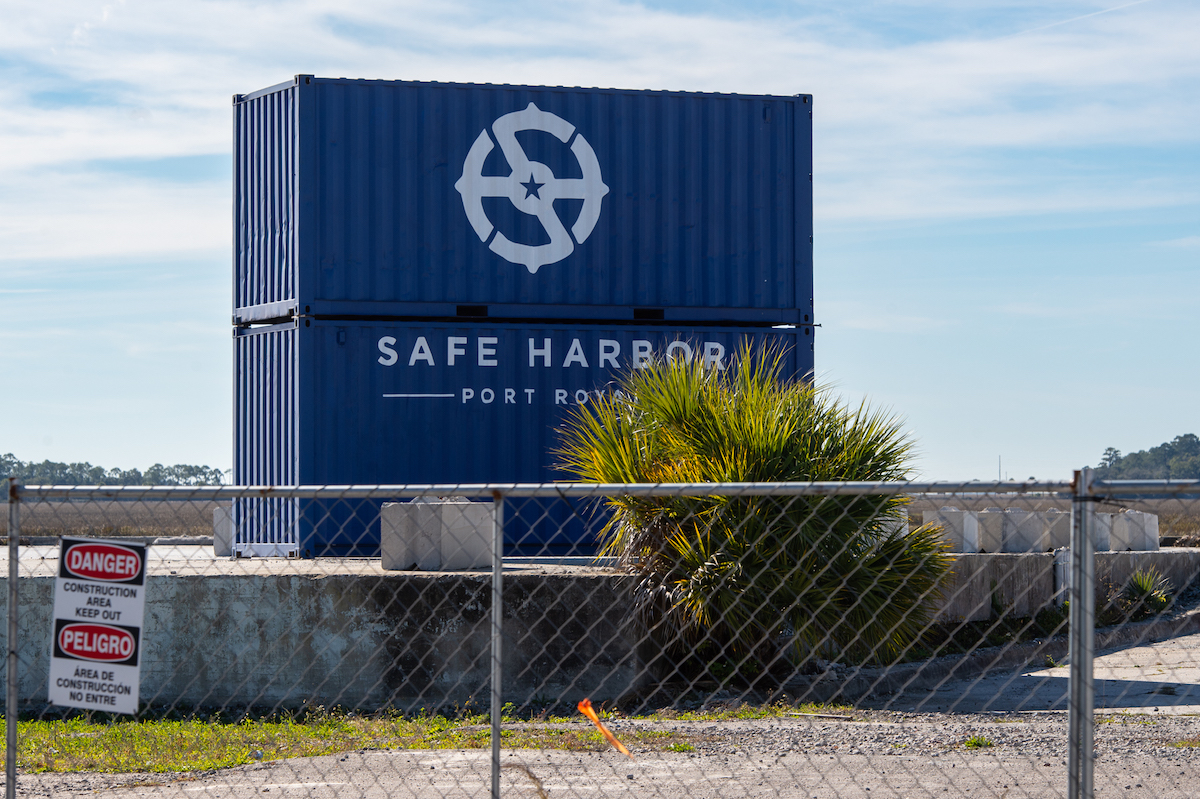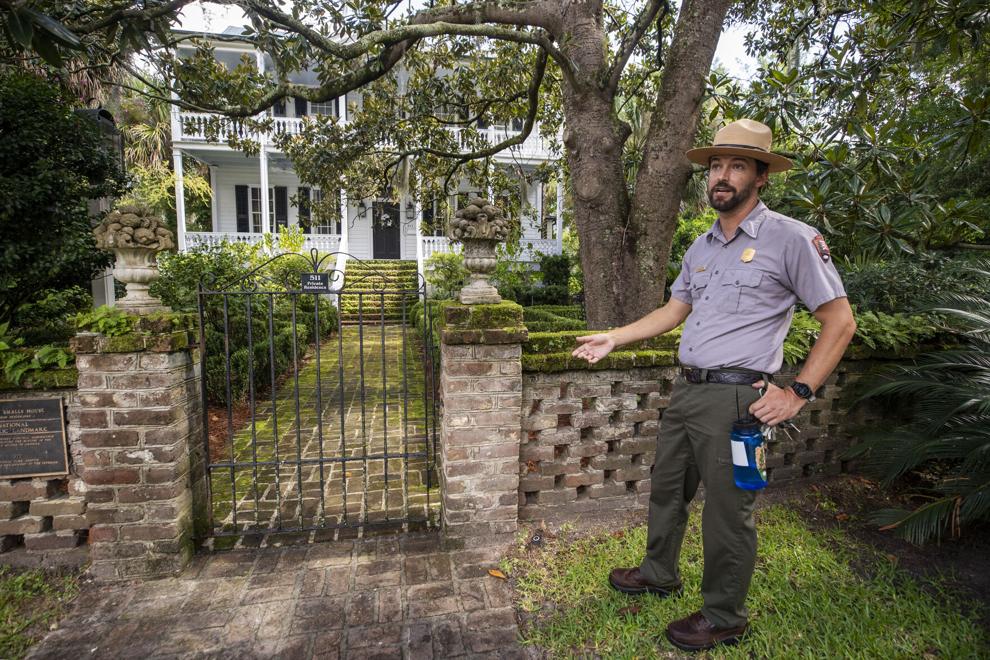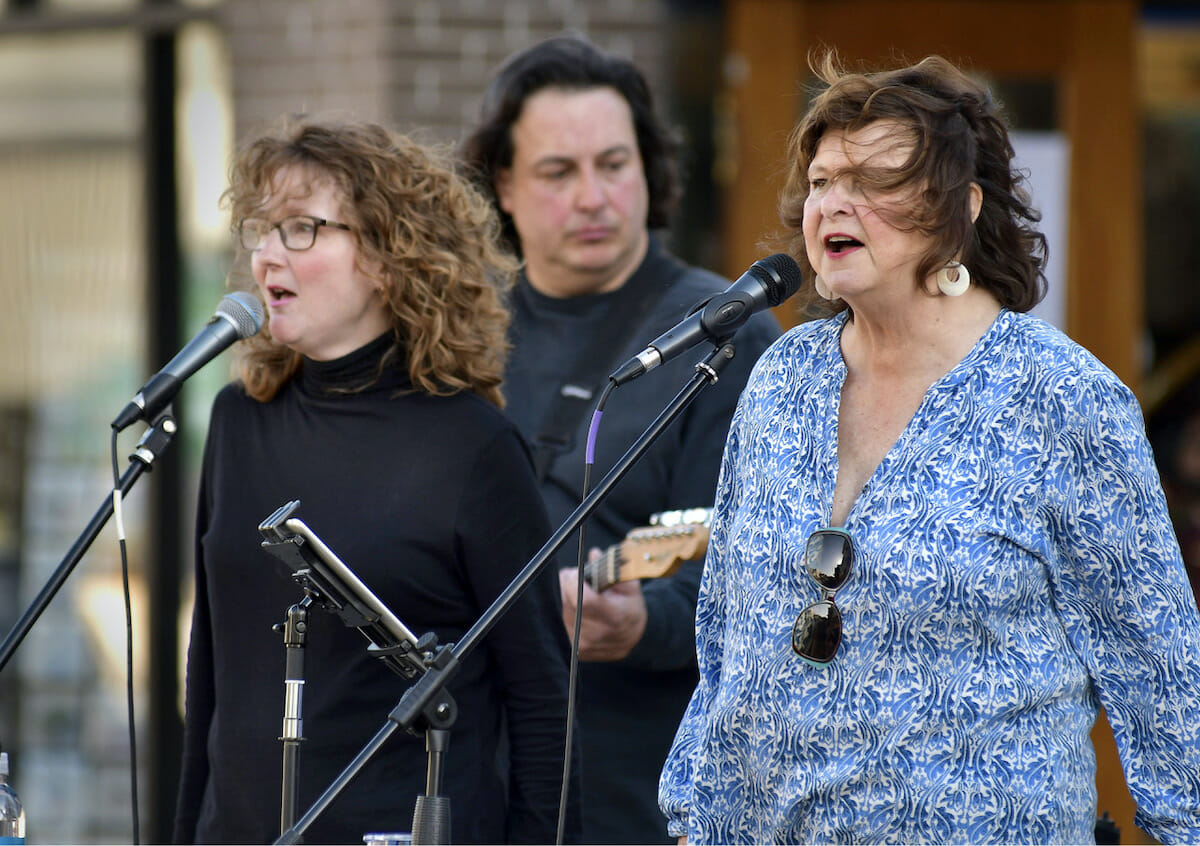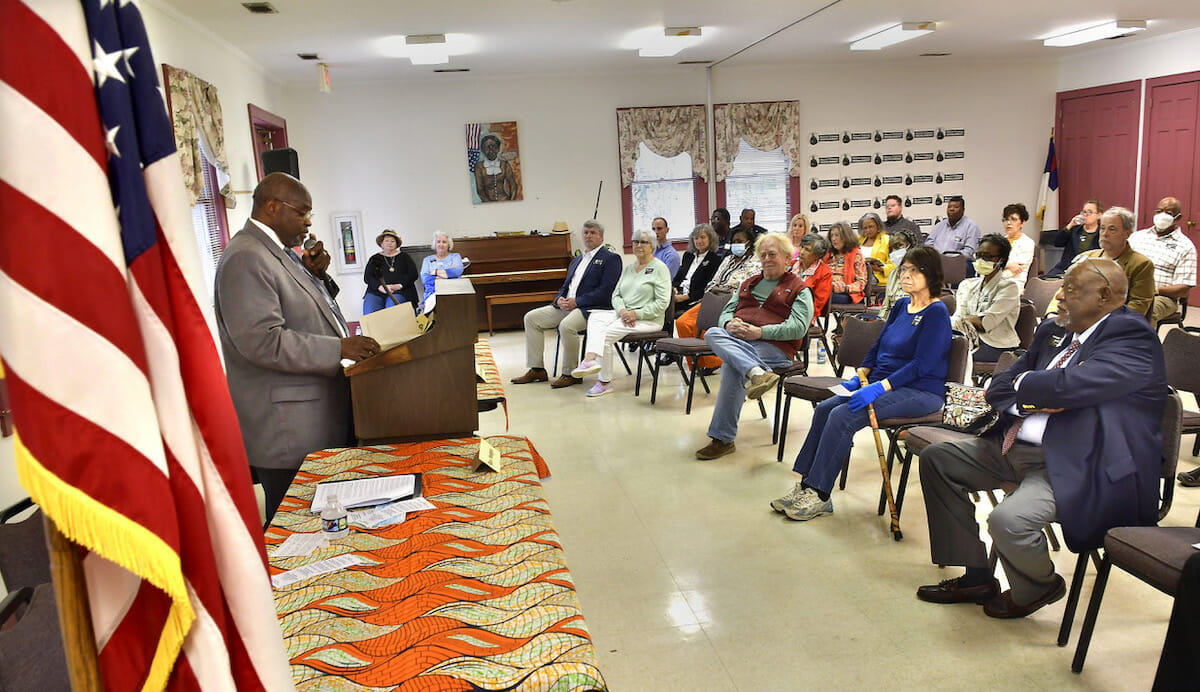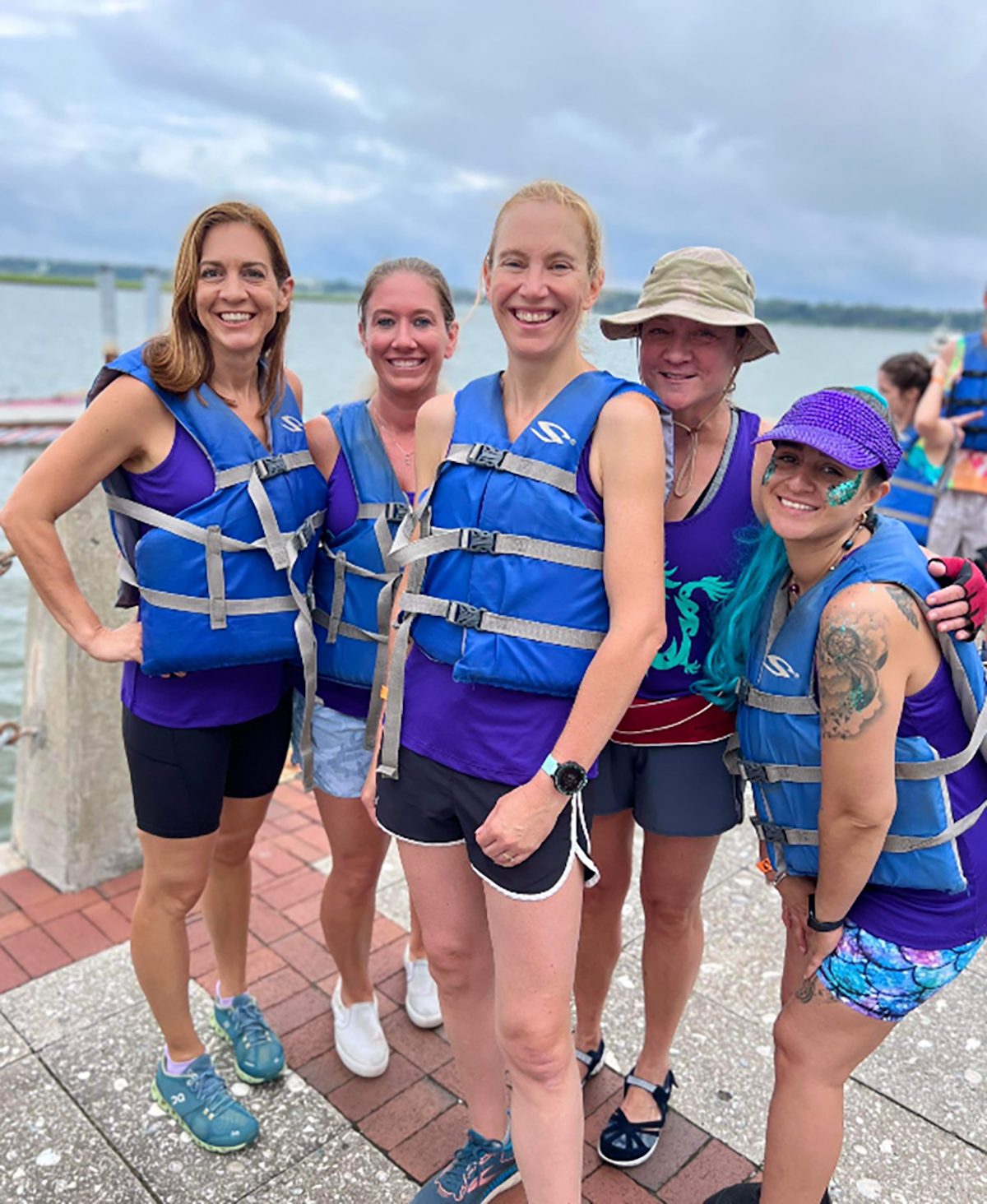By Tony Kukulich
An effort to help first responders identify, and understand how to better handle situations involving, individuals with Autism Spectrum Disorder (ASD) was recently launched in Beaufort County.
The Autism Identification (AID) program was developed by the Lowcountry Autism Foundation (LAF). LAF is partnering with local first-responder agencies including the Beaufort County Sheriff’s Office and the Beaufort, Port Royal and Bluffton police departments to increase awareness, advocacy and the safety of the county’s autism and first responder communities.
“I really think this program is going to be beneficial for the community,” said Stacy Lauderdale-Littin of LAF. “It’s going to help build a relationship between the autism community and law enforcement. There are parents who are fearful of calling law enforcement because they don’t want their loved one to get hurt. Building a relationship between the two will help to make families more comfortable and help law enforcement feel more comfortable dealing with a person with autism.”
According to the LAF website, ASD refers to a broad range of conditions characterized by challenges with social skills, repetitive behaviors, speech and nonverbal communication affecting brain development. The Centers for Disease Control and Prevents estimates that autism affects one in 54 children in the United States today. Early recognition, as well as behavioral, educational, and family therapies may reduce symptoms and support development and learning.
Families who register in the LAF AID program will be provided with a registration number, identification bracelets and shoe tags that clearly indicate the wearer has autism. Police will be able to enter the registration number into their tracking system, and they will be provided a broad range of biographical information including the person’s name, address, a list of actions that may trigger a reaction and photos. The information is intended to provide law enforcement the tools to manage the interaction in a manner beneficial for all involved.
“That gives us a lot of information prior to us arriving on scene, which is a great tool,” said Capt. Will Angelo of the Sheriff’s Office. “We could be going down the block and we don’t know what an individual looks like. But if we have a picture of them we might see them walking down the road. We can stop, interact with them, talk to them, build that rapport with them. We can use some of the techniques taught to us by the Lowcountry Autism Foundation.”
The Sheriff’s Office has taken on the role of lead law enforcement agency in the program. Angelo explained that his agency and local police departments have been regularly trained by the National Alliance on Mental Illness (NAMI). Despite the training, officers and deputies remained challenged as they attempted to determine when they were dealing with a person with ASD.
Lauderdale-Littin, who conducted autism training as part of the NAMI program, provided her sobering insight on the challenge facing first responders.
“You cannot know that someone has autism unless they are able to disclose that to you; there is a caregiver there able to disclose that to you or they’re wearing some type of medical alert bracelet,” Lauderdale-Littin said. “That is where we came up with this LAF AID idea. This is a way where officers are able to identify someone with autism so that they’re actually able to utilize the training that they’ve been given and the field tips to work with someone with autism in the field.”
Lauderdale-Littin said about half of individuals with autism are nonverbal. They can also have a tendency to wander away and a lack of fear of hazards like bodies of water or busy highways. All of these tendencies make interactions with law enforcement more challenging.
“A lot of times, nonresponsiveness can be misinterpreted as noncompliance,” Lauderdale-Littin said.
The first LAF AID registration event occurred March 26 in Bluffton, and 50 families registered in the program. The next event is scheduled for April 21 on Hilton Head Island. The final event will be held May 21 at Pigeon Point Park in Beaufort from 4:30 p.m. to 6 p.m.
Registration in the program is offered at no cost to the families, but the cost to LAF is approximately $100 per person registered. LAF currently has funding secured to support the registration of 150 families. The organization is seeking additional funding through private donations to support the program and to provide training to law enforcement officers.
For more information about the Lowcountry Autism Foundation Autism Identification program, or to donate to the program, visit www.lafinc.org/lafaid.
Tony Kukulich is a recent transplant to the Lowcountry. A native of Wilmington, Del., he comes to The Island News from the San Francisco Bay Area where he spent seven years as a reporter and photographer for several publications. He can be reached at tony.theislandnews@gmail.com.


